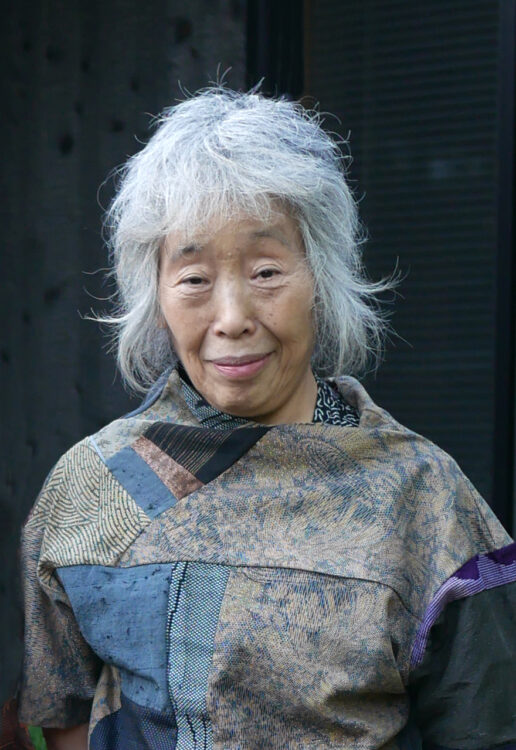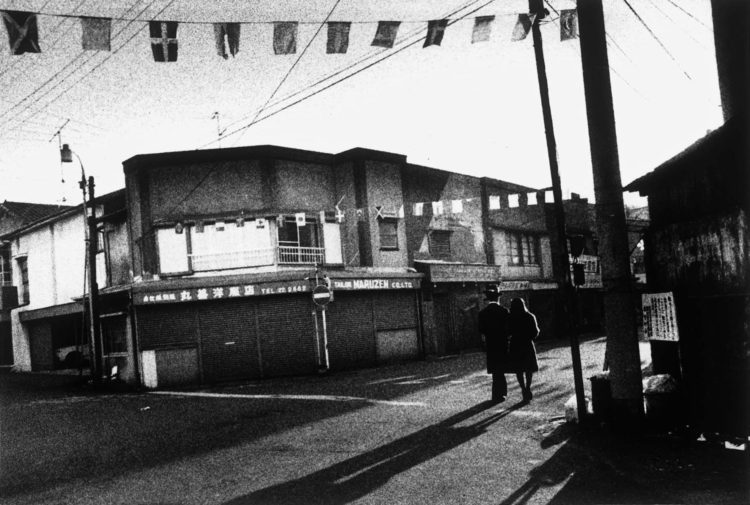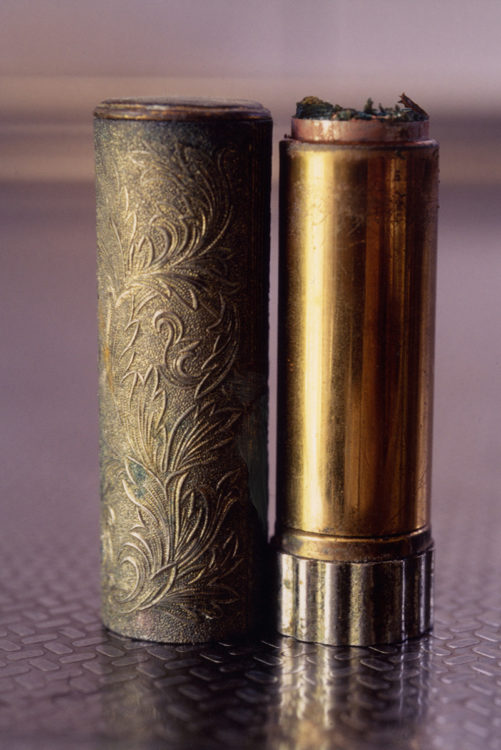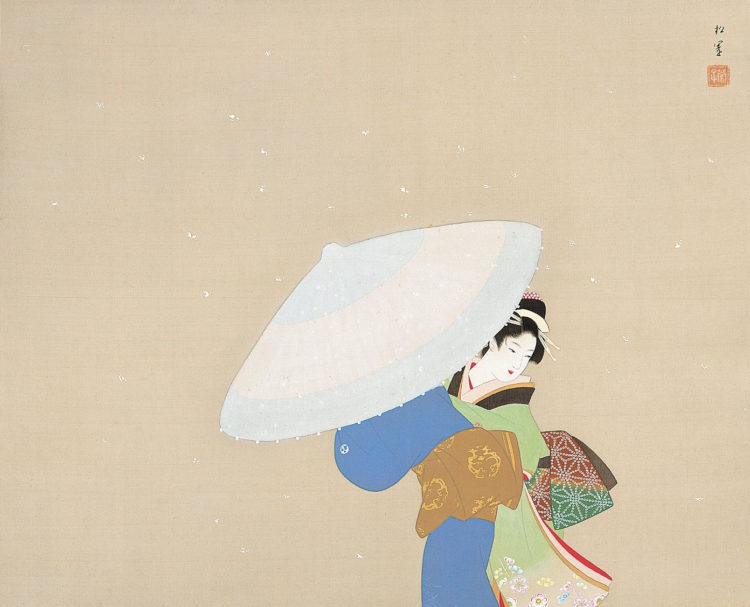Round-table
Ishiuchi Miyako, Mother’s #54, 2002, chromogenic print, 11 ¼ × 7 ½ in. (28.6 × 19.1 cm), collection of Ishiuchi Miyako, Courtesy of The Third Gallery Aya, ©︎ Ishiuchi Miyako
This panel at the T3 photo fair and festival, organised by AWARE, will highlight the active role of women in photography in Korea and Japan from the 1960s, focusing on the practices of the pioneering artists Ishiuchi Miyako—who will be present at the event—and Park Young-sook, whose work will be presented by art historian Kim Hong-hee.
Both artists engage with women’s lives: Park Youngsook (1941-2025), through portrait photography that challenges traditional gender roles as well as power structures surrounding women’s bodies and identities, and Ishiuchi Miyako (b. 1947), through the highlighting of scenes, body parts, clothing, and personal objects that carry memories and explore the traces of human existence. The panel will also open discussion on their roles in collective initiatives such as the self-published magazine Main photo magazine (1996–2000) and the Sookmihoe Club (1961–), which allowed women to articulate their own narratives, challenge gendered expectations, and open new spaces within the photographic community and the broader art world. Building on transnational dialogue, the panel will shed light on the evolving landscape and gender-specific conditions of photographic practice in Korea and Japan from the 1960s to the present, situating them within a wider East Asian context.
The panel will be preceded by a presentation of AWARE’s mission, its research programmes—including Women Artists in Japan: 19th – 21st century and Traces of the future: Women Photographers from Japan—as well as its digital tools, which are designed to provide reliable, high-quality information to anyone interested in the arts, including professionals such as curators, researchers, and educators, for use in the development of their own projects.
The title of the programme references Ishiuchi Miyako’s exhibition Mother’s 2000–2005: Traces of the Future, presented at the 2005 Venice Biennale and curated by Michiko Kasahara.
Pratical information
Sunday, October 12, 2025, from 5:00 pm to 6:30 pm
T3 Photo Fair and Festival
Tokyo Midtown Yaesu, 5F Studio (2-2-1 Yaesu, Chuo-ku, Tokyo, Japan 104-0028)
T3 Photo Fair and Festival
Ishiuchi Miyako was born in 1947 in Kiryu City, Gunma Prefecture, and grew up in Yokosuka City, Kanagawa Prefecture. In 2005, she represented Japan at the 51st Venice Biennale with her series Mother’s, in which she photographed items inherited from her mother. In 2007, she began her ongoing series ひろしま/ Hiroshima, featuring photographs of the belongings of the atomic bomb victims. She received the Hasselblad Award in 2014. A solo exhibition is scheduled to be held at La Maison Européenne de la Photographie (MEP) in Paris in 2027.
KIM Hong-hee is an art historian, critic, and curator specialising in video art and feminist art. She currently serves as Chairperson of the Nam June Paik Cultural Foundation and previously directed both the Seoul Museum of Art and the Gyeonggi Museum of Modern Art. Internationally, she has occupied positions such as Artistic Director of the Gwangju Biennale (2006) and Commissioner of the Korean Pavilion at the Venice Biennale (2003). Her recent publications include Korean Feminist Artists: Confront and Deconstruct (Phaidon, 2024) and Reading Feminist Art (Yulhwadang, 2024).
PARK Youngsook is a pioneering first-generation feminist photographer in Korea. Entering the art scene in the late 1980s, she established herself as a feminist artist by 1988, consistently addressing women, the “other,” and marginalized subjects through a critical feminist perspective on gender and representation. In the early 1990s, she played a pivotal role in Minjoong feminism through the Women’s Art Research Association and the annual Women and Reality exhibition, working alongside Yun Suknam. Her landmark work The Mad Women (1999), shown in Patjis on Parade at Seoul Arts Center, created a strong impact and developed into the nine-part “Mad Women Project.” Park began as an amateur photographer, founding the Sookmyung Women’s University photography club Sookmihoe (1962) and serving as its first president. She also contributed to the launch of IF (1997–2006), Korea’s first feminist quarterly journal.









